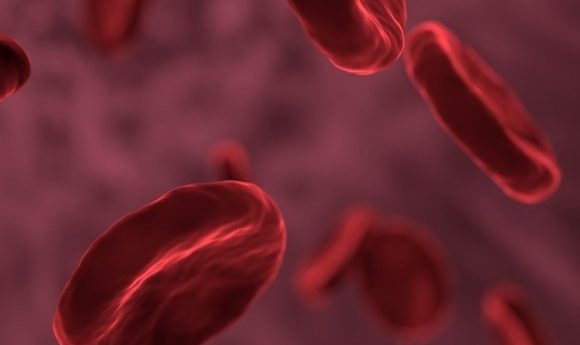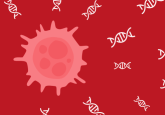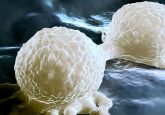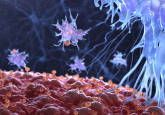New TARDIS liquid biopsy takes personalized medicine for cancer into the future

A new liquid biopsy could help inform individualized decisions regarding cancer treatment. By allowing continuous monitoring of cancer, personalized treatments can be carried out and unnecessary procedures avoided.
A multi-institute study led by the Translational Genomics Research Institute (TGen; AZ, USA) and the Mayo Clinic (AZ, USA), has developed a new blood test for breast cancer. Targeted digital sequencing – TARDIS – is a liquid biopsy that detects and quantifies circulating tumor DNA (ctDNA).
ctDNA is shed from the tumor and circulates in the bloodstream; however, it is usually found in relatively low concentrations making detection arduous. TARDIS overcomes this difficulty by simultaneously analyzing between 8 and 16 known cancer mutations.
Unlike invasive traditional biopsies, liquid biopsies only require a blood sample and allow insight into the whole cancer landscape rather than just the area where the biopsy was taken. TARDIS has shown unparalleled sensitivity in detecting ctDNA, even at as low as 2 parts per 100,000 in a blood sample, and can provide information regarding tumor size and treatment response.
“TARDIS is a game changer for response monitoring and residual disease detection in early breast cancer treated with curative intent.”
“TARDIS is a game changer for response monitoring and residual disease detection in early breast cancer treated with curative intent. The sensitivity and specificity of patient-specific TARDIS panels will allow us to tell very early, probably after one cycle, whether neo-adjuvant (before surgery) therapy is working and will also enable detecting micrometastatic disease and risk-adapted treatment after completing neoadjuvant therapy,” explained Dr. Caldas of the Cancer Research UK Cambridge Institute (United Kingdom), who also contributed to the study.
As well as being able to detect whether patients are responding to treatment, TARDIS has the potential to be used as a diagnostic to identify which patients are cancer free as well as monitoring recurrence of tumors earlier than current methods.
- A blood test for lung cancer treatment
- Translational genomics with Bodour Salhia
- How can you diagnose and treat skin cancer without cutting skin?
“The results of these tests could be used to individualize cancer therapy avoiding overtreatment in some cases and undertreatment in others,” commented Dr. Murtaza who is Assistant Professor and Co-Director of TGen’s Center for Noninvasive Diagnostics. “Together with imaging and tissue-based predictive biomarkers, ctDNA is rapidly becoming a useful diagnostic test to determine individualized decisions about additional treatment.”
While the study in question concerned the monitoring of breast cancer, it is thought that the approach TARDIS uses could be applicable to a multitude of cancers due to the potentially ubiquitous nature of ctDNA as a biomarker.





